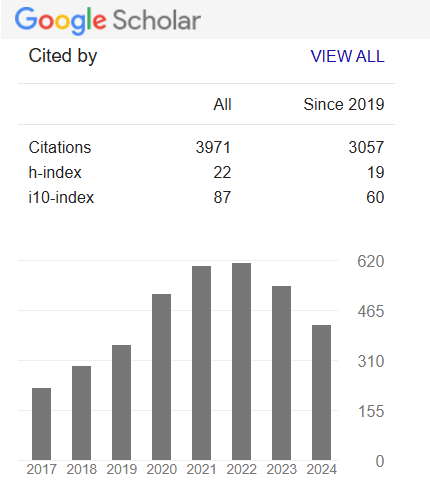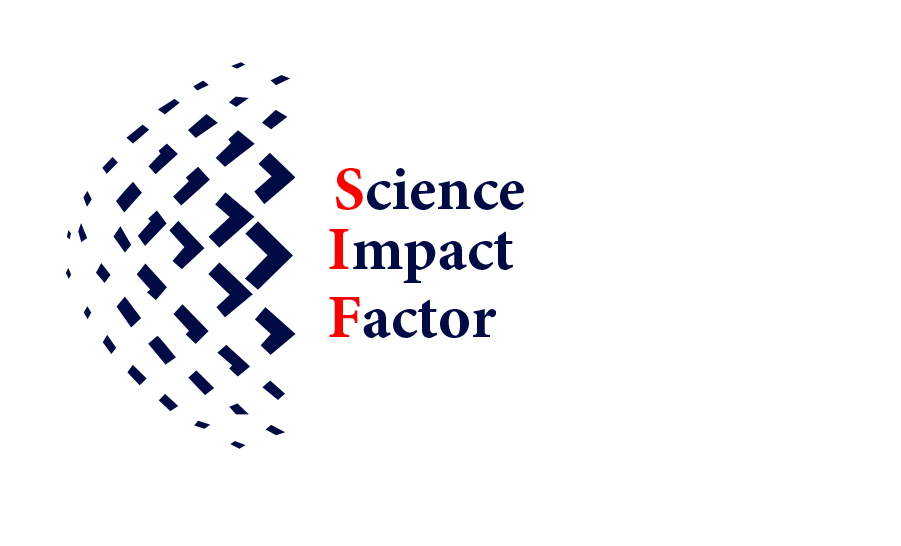Inheritance of Human Social Behaviour
Keywords:
Genetics, Social Behaviour, Gender, Sibling RelationshipsAbstract
We have all heard of the saying “nature-nurture” and how debatable the argument can be. It is not unknown to the world about the tempestuous relationship between genes and social behaviour. The basis of this thinking is because of the complex predicament of the relationships between genes, brain, and social behaviour across several timeframes, fluctuating from organismal development and physiology all the way to evolutionary time. Apart from the psychological aspects of behaviour, there is a genetic approach to it that can be taken up. For instance, when you compare two siblings in the same household, even after being raised in the same environment and being taught the same principles – they usually turn out to be complete opposites of each other, making us question why could that be? This study aims to answer the same. The study’s outcome is backed up by other literature in the same field which states that genes and environment are correlated with each other when it comes to their effect on an individual’s social behaviour. Gender proved to fall under the umbrella of the aforementioned factors instead of being a sole factor that contributes to human social behaviour. Although the environment is a major contributing factor, it is not the only factor responsible for an individual’s social behaviour. Much light has been thrown on the genetic aspects only recently, this study aims to give an insight on the same.
Downloads
References
Breed M & Sanchez L (2010) Both Environment and Genetic Makeup Influence Behaviour. Nature Education Knowledge 3(10):68.
Brody GH (1998) SIBLING RELATIONSHIP QUALITY: Its Causes and Consequences. Annual Review of Psychology, 49(1), 1–24. doi:10.1146/annurev.psych.49.1.1
Brody GH (2004) Siblings’ Direct and Indirect Contributions to Child Development. Current Directions in Psychological Science, 13(3), 124–126. doi:10.1111/j.0963-7214.2004.00289.x
Ebstein RP, Israel S, Chew SH, Zhong S, & Knafo A (2010) Genetics of human social behaviour. Neuron, 65(6), 831–844. https://doi.org/10.1016/j.neuron.2010.02.020
Hines M (2020) Neuroscience and Sex/Gender: Looking Back and Forward. The Journal of neuroscience: the official journal of the Society for Neuroscience, 40(1), 37–43. https://doi.org/10.1523/JNEUROSCI.0750-19.2019
Mullineaux PY & DiLalla LF (2015) Genetic Influences on Peer and Family Relationships Across Adolescent Development: Introduction to the Special Issue. J Youth Adolescence 44, 1347–1359. https://doi.org/10.1007/s10964-015-0306-0
Neiderhiser JM, Reiss D, Pedersen NL, Lichtenstein P, Spotts EL, Hansson K, Cederblad M, & Ellhammer O (2004) Genetic and environmental influences on mothering of adolescents: a comparison of two samples. Developmental psychology, 40(3), 335–351. https://doi.org/10.1037/0012-1649.40.3.335
Reiss D (2010) Genetic Thinking in the Study of Social Relationships: Five Points of Entry. Perspectives on psychological science: a journal of the Association for Psychological Science, 5(5), 502–515. https://doi.org/10.1177/1745691610383516
Van Anders SM, Steiger J, & Goldey KL (2015) Effects of gendered behavior on testosterone in women and men. Proceedings of the National Academy of Sciences, 112(45), 13805-13810.
Van der Knaap NJ, El Marroun H, Klumpers F, Mous SE, Jaddoe VW, Hofman A, Homberg JR, White T, Tiemeier H, & Fernández G (2014) Beyond classical inheritance: the influence of maternal genotype upon child's brain morphology and behavior. The Journal of neuroscience : the official journal of the Society for Neuroscience, 34(29), 9516–9521. https://doi.org/10.1523/JNEUROSCI.0505-14.2014
Downloads
Published
How to Cite
Issue
Section
License
Copyright (c) 2021 Shruti Anand

This work is licensed under a Creative Commons Attribution-NonCommercial-NoDerivatives 4.0 International License.
Open Access This article is licensed under a Creative Commons Attribution 4.0 International License, which permits use, sharing, adaptation, distribution and reproduction in any medium or format, as long as you give appropriate credit to the original author(s) and the source, provide a link to the Creative Commons license, and indicate if changes were made. The images or other third party material in this article are included in the article’s Creative Commons license unless indicated otherwise in a credit line to the material. If the material is not included in the article’s Creative Commons license and your intended use is not permitted by statutory regulation or exceeds the permitted use, you will need to obtain permission directly from the copyright holder. To view a copy of this license, visit http://creativecommons.org/ licenses/by/4.0/










